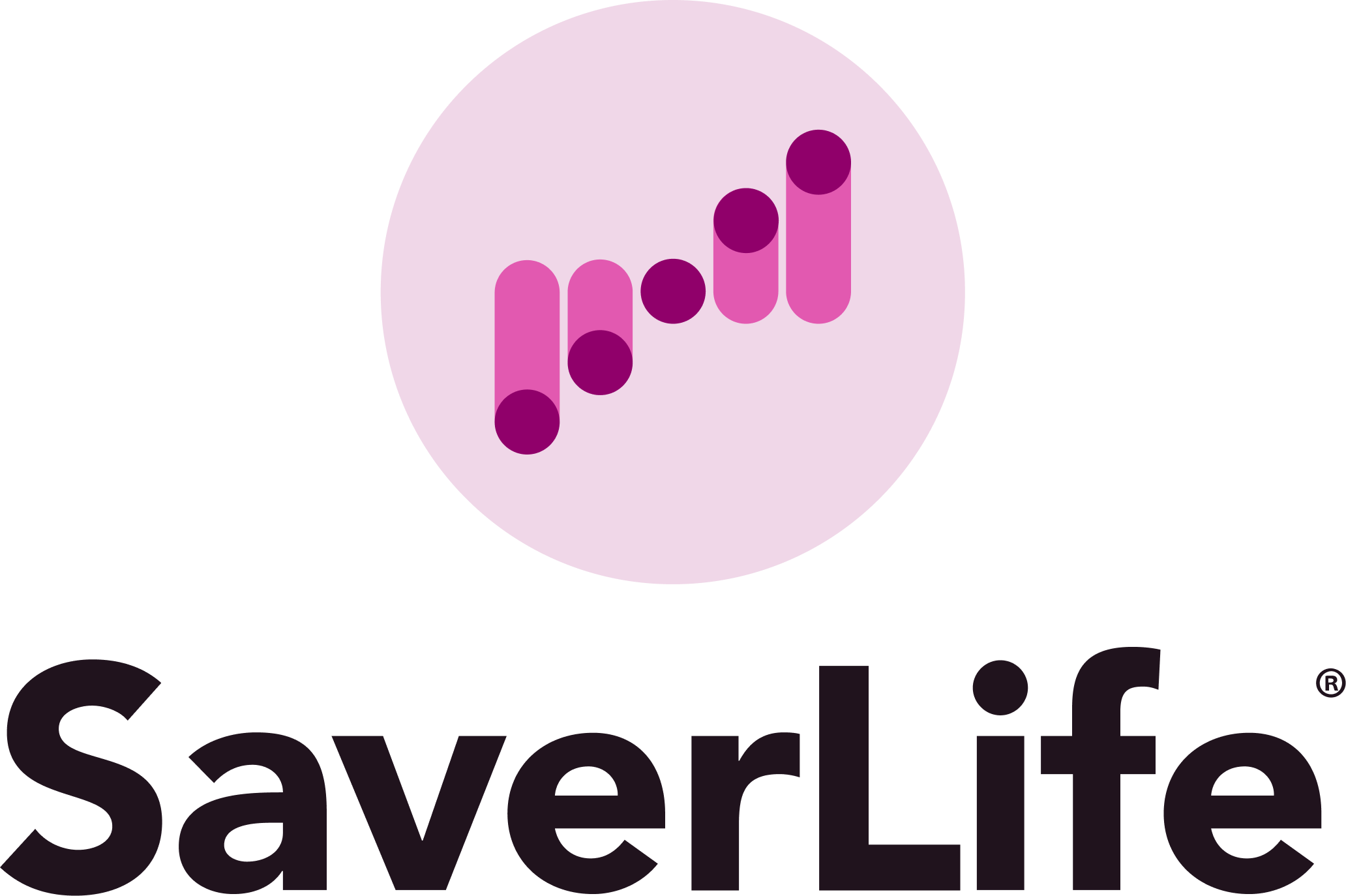Should You Use a Personal Loan to Fund Your Business? Pros & Cons

Launching or growing a small business without access to investors requires a lot of creativity. Many businesses need start-up money to get equipment, inventory, or cover other costs like office/storefront rental. One common option is taking out a personal loan, but is that a good option for you?
Whether or not you decide to take out a personal loan, you deserve to understand both the risks and the benefits. We’re here to help you crunch the numbers and move forward with clarity. There’s no judgment—our goal is to empower you to make the most informed decision possible when shopping for a loan.
What is a personal loan, and why do some business owners use it?
Personal loans are unsecured loans (there’s no car or house that the bank could repossess) that you qualify for based on personal credit and income. Rather than needing a pre-existing track record for the business, you can get fast approval and use the money flexibly. It also typically carries a lower interest rate than putting expenses on a credit card, a practice that gets very expensive in interest very quickly and can make starting your business hard.
People often consider personal loans to cover essential startup costs—like purchasing initial inventory such as hair products for a salon, baking supplies for a home bakery, or tools for a handyman business. Others may turn to personal loans later on, especially when there’s a cash flow gap—like waiting on payment from a big client while rent, utilities, or supplier invoices are due
Pros: When a personal loan might make sense
- If you have good personal credit, this is often a fast way to get cash. It can help you take advantage of an opportunity that genuinely saves your business money, like the chance to get a batch of discounted inventory before someone else buys it.
- Many new businesses don’t qualify for loans, which can make personal loans one of the only options for early startup cash.
- Personal loans usually make the most sense when you need a relatively small amount of money—something you can confidently repay quickly based on steady, predictable income. They become less appealing when the loan amount is large or when it’s unclear how and when you’ll be able to pay it back
- It’s important to be sure the loan is meeting a specific business need—especially since you’ll want to repay it quickly and avoid long-term interest piling up on a new business. If you can clearly see how the loan will generate income—for example, buying a faster lawn mower that lets you double your number of clients—the loan becomes more justifiable. The added revenue can help you pay it back without straining your finances.
Cons: The risks of using a personal loan for your business
- Unlike business loans, personal loan debt remains your responsibility no matter how your business performs. That means if your business struggles or doesn’t take off, you’re still personally on the hook. Missing payments can damage your personal credit and limit your ability to borrow in the future, so it’s essential to approach personal loans with caution.
- Like any additional debt, the personal loan payments will put a weight on your finances, especially if your business doesn’t start generating revenue as fast or as well as hoped.
- For a personal loan to make sense, it needs to align with your business timeline—and sometimes, that’s just not the case. If the interest rates you qualify for are too high, or the repayment schedule is too fast compared to how quickly you expect your business to grow, the loan could end up being too risky.
- A personal loan builds your personal credit, not your business credit. Over time, you’ll likely need to establish a separate financial track record for your business to access better financing options and build capital that supports long-term growth.
Questions to ask yourself before borrowing
Some of the most important questions come down to this: Can your business move forward responsibly without a personal loan, or is this loan the right tool for your specific needs?
- Do I need the money now, or can I wait and save? If there’s a way to work extra hours at another job, or save up for a while at one level and use those savings for your startup capital, you won’t have to pay the interest on a loan, and you’ll expose yourself to less risk.
- What’s the plan for making this loan generate income? This can look a lot of different ways, but overall, there needs to be some solid evidence that the specific things purchased with the loan will increase your capacity to make enough money to cover the personal loan’s repayment.
- Are there any lower-risk alternatives? Evaluating all your options can allow you to either find lower-cost options or go into the personal loan confident that it is the best option for you.
Alternatives to consider first
Part of why personal loans end up being risky is their higher interest and lower flexibility compared to some other options, but occasionally, they’re the only option for getting the startup cash you need for a business. Here are some of the other ways that people fund their new businesses without the benefit of big-time investors:
- Microloans from nonprofits. There are companies like Kiva, Accion, and local organizations in your community that may offer good terms for small loans that allow you to get the doors open and start generating revenue.
- Small business grants. Local small business organizations sometimes offer grants, especially if you are in a population that has been underserved by traditional financial institutions. These organizations may be specifically working to fund women-owned and minority-owned businesses.
- Business credit card with a low rate. If you can dig into the details, there are sometimes business credit cards that offer a 0% interest promo period, during which you could use your credit limit to launch your business. The key here is that this strategy is high risk: you need a specific strategy for paying the money back before the promotional period ends, since credit card interest is almost always much higher than personal loan interest after the promo period.
- Loan from friends or family. If you have friends or family who could offer you a loan and would be willing to document some clear, favorable terms, that can save you some interest. Just know that paying back a loan to friends and family is high-stakes in a separate way, since you don’t want to disappoint people who are important to you.
- Crowdfunding or pre-selling products and services. This can be a community-oriented way to raise the capital you need, as long as it is very clear that the amount you’re raising will cover the costs to fulfill the orders placed. Get very clear on any cut that your crowdfunding platform will take out of the total raised.
Final thoughts
Making your dream a reality starts with understanding all your options and choosing the one that feels manageable and matches your path to earning income. Take your time, run the numbers, and make the choice that is right for your business..

SaverLife is a nonprofit organization dedicated to helping people improve their financial health. Through savings challenges, personalized tips, and trusted resources, we empower people to build stronger financial futures.
